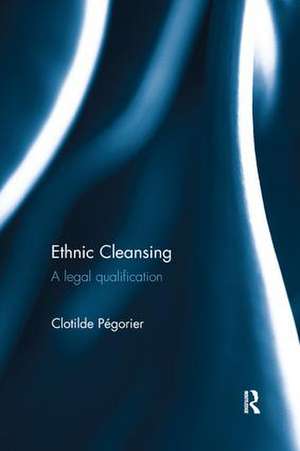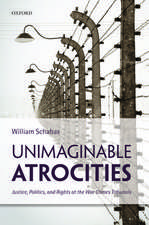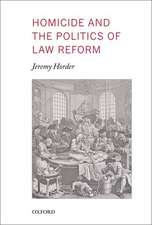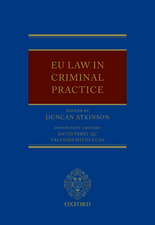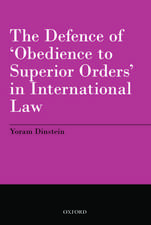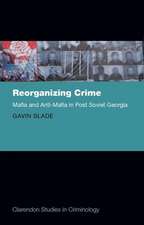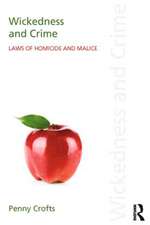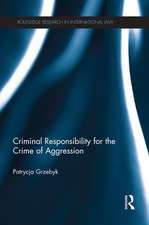Ethnic Cleansing: A Legal Qualification
Autor Clotilde Pegorieren Limba Engleză Paperback – 21 aug 2015
Ethnic Cleansing: A Legal Qualification, will be of particular interest to students and scholars of International Law and Political Science.
| Toate formatele și edițiile | Preț | Express |
|---|---|---|
| Paperback (1) | 395.76 lei 6-8 săpt. | |
| Taylor & Francis – 21 aug 2015 | 395.76 lei 6-8 săpt. | |
| Hardback (1) | 946.16 lei 6-8 săpt. | |
| Taylor & Francis – 11 apr 2013 | 946.16 lei 6-8 săpt. |
Preț: 395.76 lei
Nou
Puncte Express: 594
Preț estimativ în valută:
75.73€ • 79.07$ • 62.53£
75.73€ • 79.07$ • 62.53£
Carte tipărită la comandă
Livrare economică 15-29 aprilie
Preluare comenzi: 021 569.72.76
Specificații
ISBN-13: 9781138892224
ISBN-10: 113889222X
Pagini: 200
Dimensiuni: 156 x 234 x 15 mm
Greutate: 0.29 kg
Ediția:1
Editura: Taylor & Francis
Colecția Routledge
Locul publicării:Oxford, United Kingdom
ISBN-10: 113889222X
Pagini: 200
Dimensiuni: 156 x 234 x 15 mm
Greutate: 0.29 kg
Ediția:1
Editura: Taylor & Francis
Colecția Routledge
Locul publicării:Oxford, United Kingdom
Public țintă
PostgraduateCuprins
1. Introduction: The Origins of Ethnic Cleansing and its Emergence in Law 2. Ethnic Cleansing as a Legal Notion in Public International Law 3. Ethnic Cleansing and International Humanitarian Law 4. Ethnic Cleansing and the Law of Genocide 5. Ethnic Cleansing and the Law of Crimes against Humanity 6. Conclusion: Ethnic Cleansing as an Independent International Crime
Descriere
This book confronts the problem of the legal uncertainty surrounding the definition and classification of ethnic cleansing, investigating the status of ethnic cleansing in international law. It addresses the question of the specificity of the act and its relation to existing categories of international crime, exploring the relationship between ethnic cleansing and other categories of international crime, including genocide, but also extending to war crimes and crimes against humanity. The book goes on to show how the current understanding of ethnic cleansing singularly fails to provide an efficient instrument for identification, and argued that the act, in having its own distinctive characteristics, conditions and exigencies, ought to be granted its own classification as a specific independent crime.
